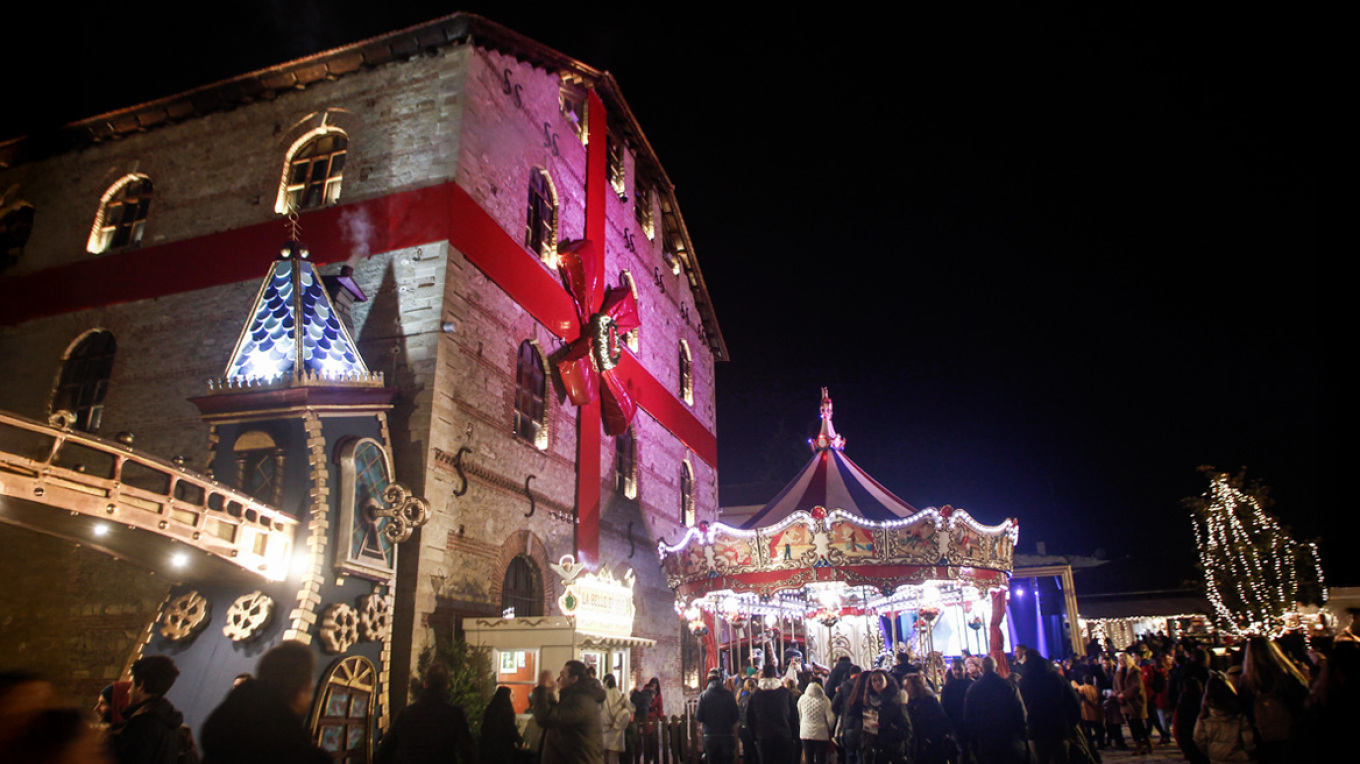Homer’s Iliad is often considered as one of the greatest works of Western literature. For many centuries, Homer’s Troy, the city besieged by the Greeks, was considered to be a myth by scholars. During the 19th century, however, one man embarked on a quest to prove that this legendary city actually existed. This was the German archaeologist, Heinrich Schliemann. He succeeded in his quest, and Hisarlik (the site where Schliemann excavated) is today recognized as the ancient site of Troy. Among the artifacts unearthed at Hisarlik is the so-called ‘Treasure of Priam’, which, according to Schliemann, belonged to the Trojan king, Priam.
Discovery of the Treasure of Priam
In 1871, Schliemann began excavating the site of Hisarlik. After identifying a level known as ‘Troy II’ as the Troy of the Iliad, his next objective was to uncover the ‘Treasure of Priam’. As Priam was the ruler of Troy, Schliemann reasoned that he must have hidden his treasure somewhere in the city to prevent it from being captured by the Greeks should the city fall. On the 31st of May 1873, Schliemann found the precious treasure he was seeking. In fact, Schliemann stumbled by chance upon the ‘Treasure of Priam’, as he is said to have had a glimpse of gold in the trench-face whilst straightening the side of a trench on the south-western side of the site.
A Golden Hoard
After removing the treasure from the ground (the objects were closely packed, and Schliemann reasoned that they had once been placed within a wooden chest which has since rotted away), Schliemann had his finds locked away in his wooden house. Apart from the gold and silver objects, the ‘Treasure of Priam’ included a number of weapons, a copper cauldron, a shallow bronze pan, and a bronze kettle. Although Schliemann reports that the ‘Treasure of Priam’ was a single find, others have doubted this claim, suggesting that it was a composite, in which the most important objects were discovered on the 31st of May 1873, whilst others were discovered at an earlier date, but nonetheless added into the treasure hoard.
Continue here: Ancient Origins
Ask me anything
Explore related questions





